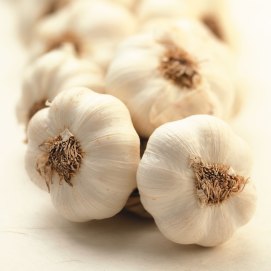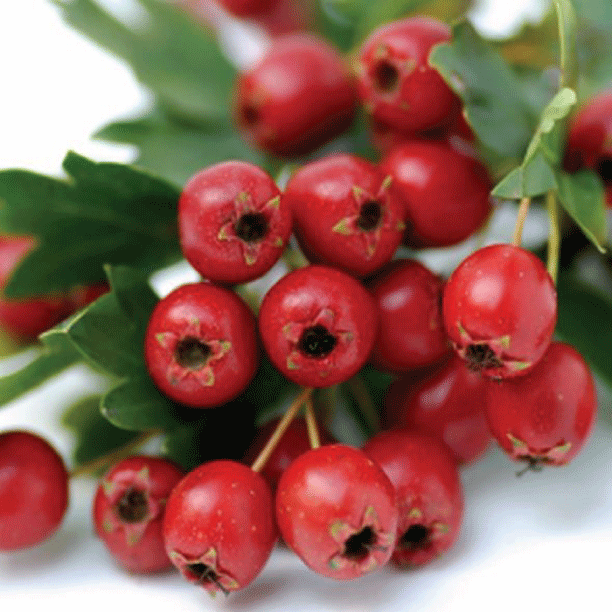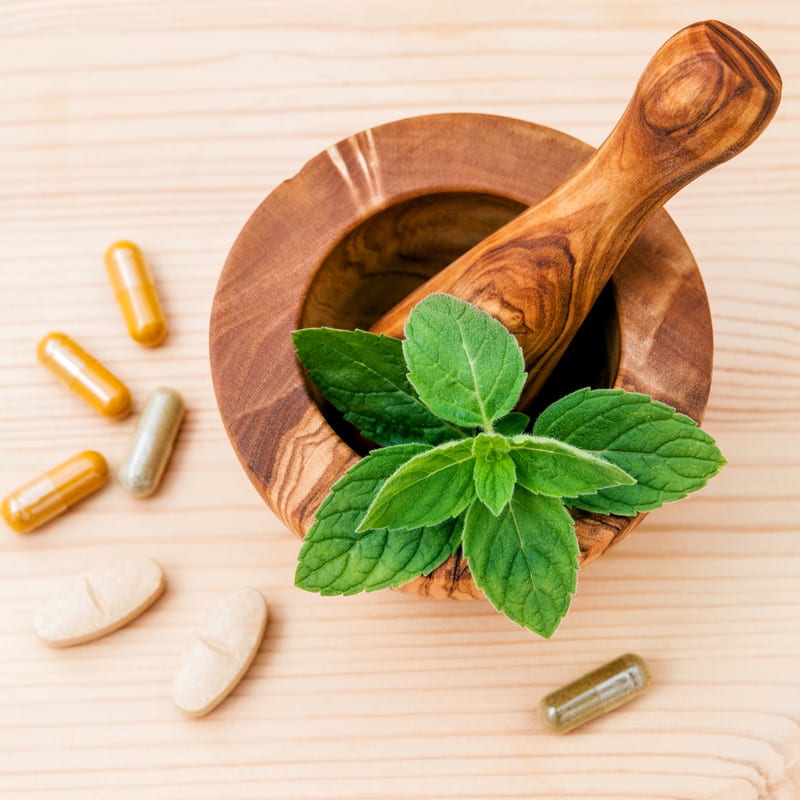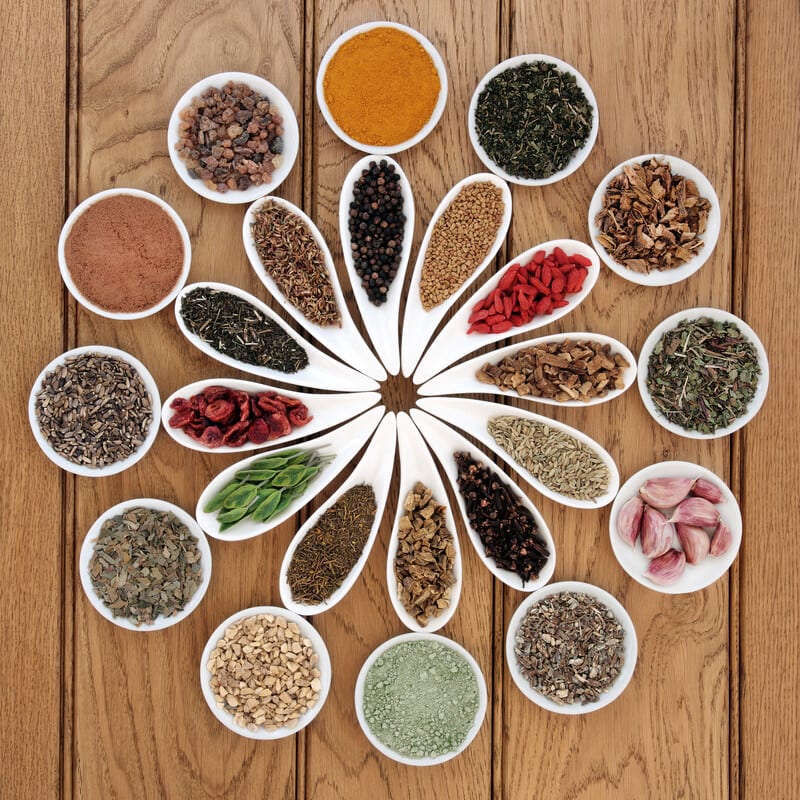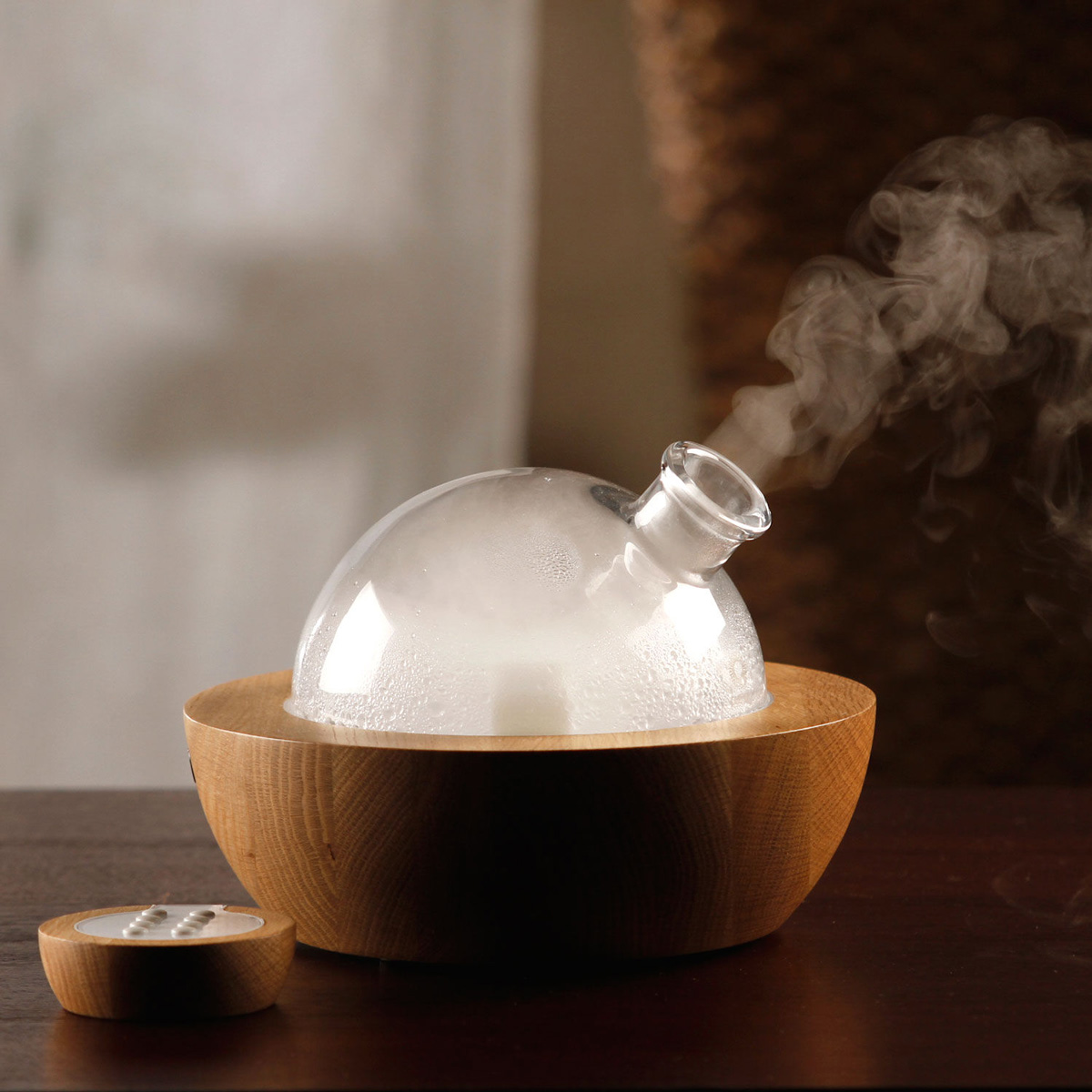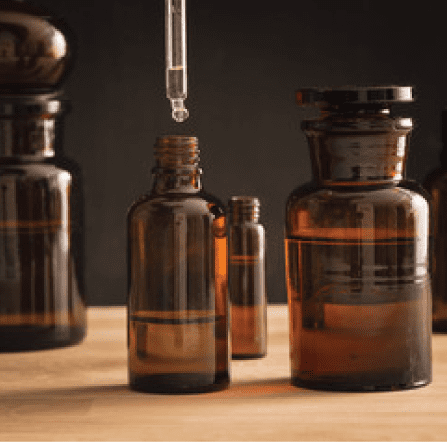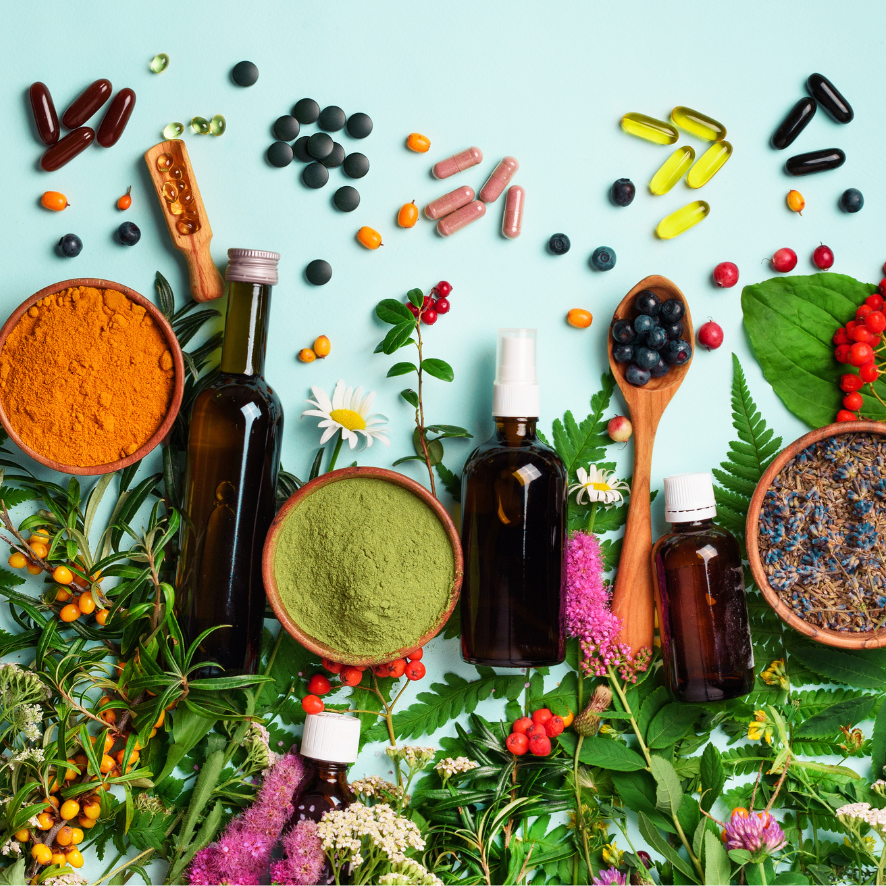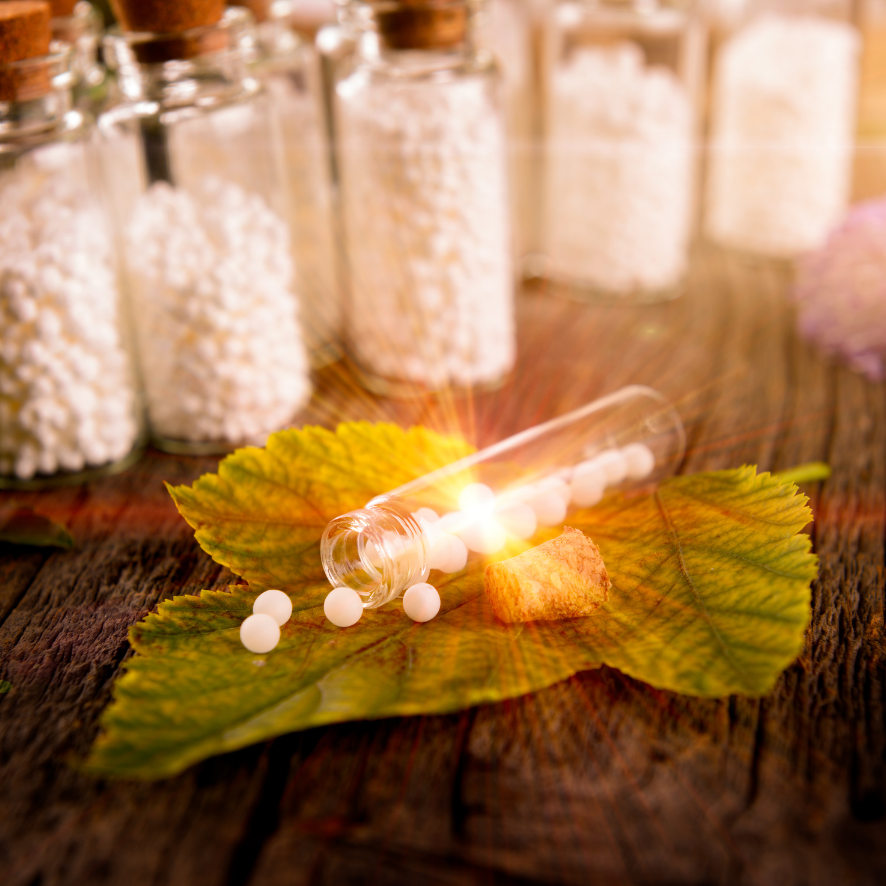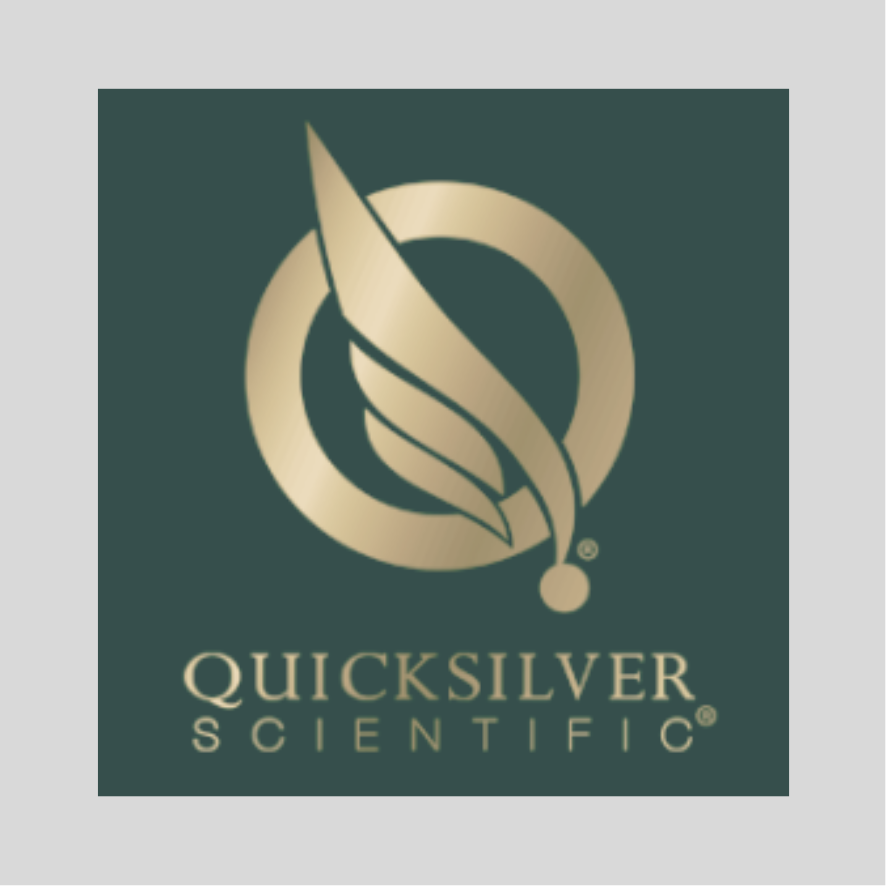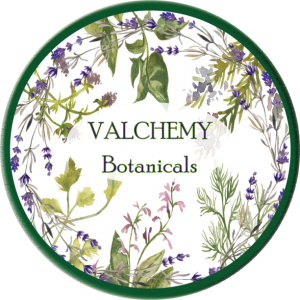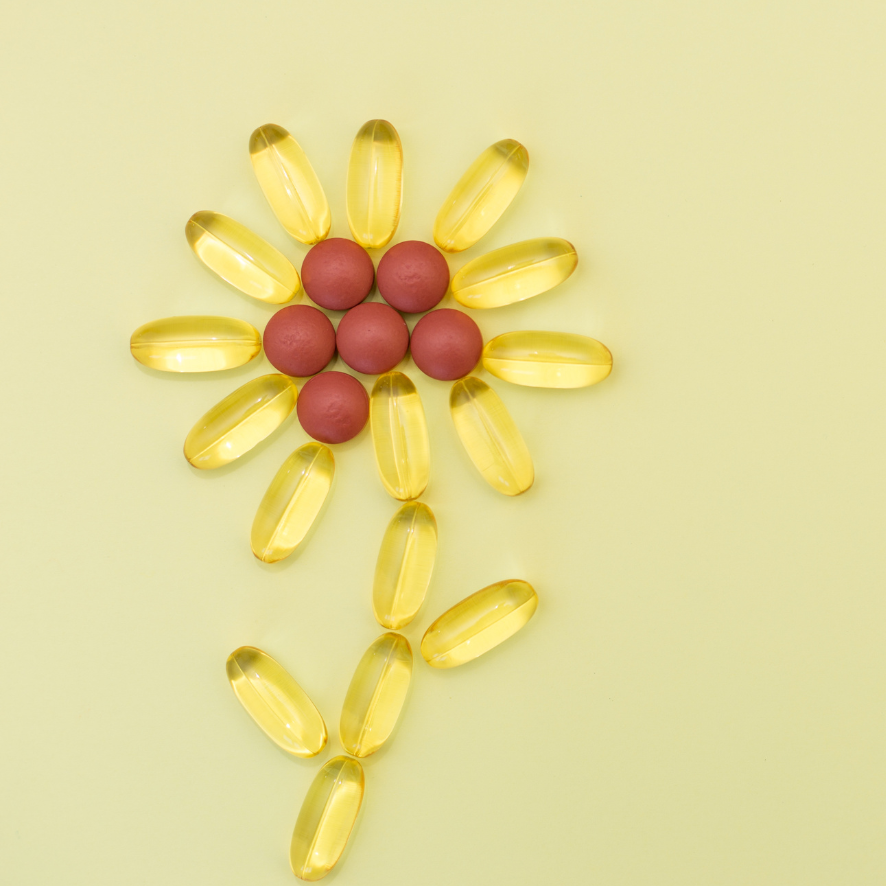GLOSSARY
Adaptogenic – a nontoxic substance and especially a plant extract that is held to increase the body’s ability to resist the damaging effects of stress and promote or restore normal physiological functioning.
Aldosterone – A hormone produced by the outer portion (cortex) of the adrenal gland which regulates the balance of water and electrolytes in the body, encouraging the kidney to excrete potassium into the urine and retain sodium, thereby retaining water.
Alkaloids – a mixed group of plant constituents that are very pharmacologically active including:
- Tropane (or Pyrrolidine)
- Isoquinoline
- Pyridine
- Pyrrolizidine
- Quinoline
- Indole
- Purine
“Some are well-known drugs that have a recognized medicinal use. Vincristine for example found in Vinca sp. (Periwinkle) is used to treat some types of cancer. Other alkaloids such as atropine found in Atropa belladonna (deadly nightshade) have a direct effect on the body, reducing spasms, relieving pain, drying up bodily secretions, and dilating the pupils during eye procedures.” The Naturopathic Herbalist
Allantoin – Comfrey roots and leaves contain allantoin, a substance that helps new skin cells grow, along with other substances that reduce inflammation and keep skin healthy. Comfrey also contains pyrrolizidine alkaloids which has been known to cause liver damage in animals and some humans when ingested regularly. Ointments made from comfrey have been used to heal bruises as well as pulled muscles and ligaments, fractures, sprains, strains, and osteoarthritis.
Alterative – gradually restores healthy bodily functions. Alters favorably the course of an ailment.
Analgesic – relieves pain
Angiotensin-converting enzyme (ACE) – indirectly increases blood pressure by causing blood vessels to constrict.
Anodyne – a painkilling drug or medicine.
Antibacterial – active against bacteria
Antibiotic – inhibits the growth of or destroys microorganisms.
Anticarcinogen – a substance that counteracts the effects of a carcinogen or inhibits the development of cancer.
Antihypertensive – modulates blood pressure
Antimicrobial/fungal – kills microorganisms (such as fungi) and inhibits their growth.
Antioxidants – a substance such as vitamin C or E that removes potentially damaging oxidizing agents in a living organism.
Antispasmodic – prevents smooth muscle spasms, as in the uterus, digestive system, or urinary tract.
Antiviral – effective against viruses.
Aphrodisiac – confers testosterone-like effects and increases activity of neurotransmitters signaling the sexual arousal centers of the brain.
Aromatic – Aromatic herbs are those that contain strong smelling volatile essential oils. These oils tend to be “dispersive” in nature, which is to say that they help break up stagnation of all sorts.
Astringent – causing the contraction of body tissues, typically of the skin.
Berberine – an alkaloid that can be found in the roots, rhizomes, stem, and bark of certain plants with inflammation modulating and antitumor properties. Used in many traditional medical systems, including Ayurvedic herbal and Chinese herbal medicine. Recent studies have shown that berberine and its derivatives have significant biological effects on gastrointestinal (GI) and other functions, and may become therapeutics for the treatment of diarrhea, gastroenteritis, diabetes, hyperlipidemia, cardiovascular diseases and inflammatory conditions. (Ray Sehalian)
Beta-carotene – A vitamin that acts as an antioxidant, protecting cells against oxidation damage.
Biotin – a vitamin of the B complex involved in the synthesis of fatty acids and glucose.
Bitter – a medicinal substance to promote appetite or digestion. The bitter taste itself that sends a signal to the brain which, in turn, sends messages to the various gut departments about the coming food event, more saliva, HCl, pepsin and gastrin is produced to digest the foodstuffs in the mouth and stomach. The pancreas is also signaled to send out more digestive enzymes, the gall bladder will start to emulsify fats, and overall peristaltic action speeds up.
Calcium dysmetabolism – disrupts endocrine hormones, and glucose and calcium ions during the release of insulin. Plays a central role in the development of many disease conditions, including Alzheimer’s, nerve cell damage, kidney nephrosis, bi-polar disorder, calcification of arteries, muscular dystrophies, periodontal disease, non-healing of fractures and tumor cell proliferation.
Carboxyl acids –
Carminative – relieving flatulence.
Cholagogue – promotes the flow of bile into the intestine, especially as a result of contraction of the gallbladder.
Choleretic – stimulates bile production by the liver.
Cobalt – A metallic element critical to the formation of red cells, maintenance of neural tissue, and in certain metabolic reactions.
Coumarins – “thin” the blood by interfering with vitamin K production. Vitamin K is necessary in blood-clotting and also bone health.
Cyanogenic glycosides – Cyanide is one of the most potent, rapidly acting, poisons known. Cyanogenic glycosides are present in a number of food, plants and seeds. They work by inhibiting the oxidative processes of the cells responsible for energy, causing them to die very quickly.
Demulcent – soothes inflamed or injured skin.
Diaphoretic – induces perspiration.
Diuretic – A diuretic is any substance that promotes the increased production of urine.
Expectorant – promotes the secretion of sputum by the air passages, used especially to treat coughs.
Flavonoids – a group of antioxidant compounds found primarily in plants. They work preventively against heart disease and heart attacks by helping to dilate blood vessels and countering the build-up of plaque.
Glycyrrhizic acid – in Licorice Root may help with depression and anxiety by promoting adrenal gland function. Adrenal glands regulate stress hormones such as cortisol. Depleted stress hormone levels are usually responsible for chronic fatigue, depression, anxiety and lowered resistance to allergens and infections.
Harpagoside – a natural product found in the plant Harpagophytum procumbens, also known as devil’s claw. It is the active chemical constituent responsible for the medicinal properties of the plant, which have been used for centuries by the Khoisan people of southern Africa to treat diverse health disorders, including fever, diabetes, hypertension, and various blood related diseases.
Hemostatic – stops the flow of blood within the vessels.
Hypnotic – sleep-inducing
Hypotensive – abnormally low blood pressure.
Inflammation modulator – in contrast to the term anti-inflammatory; it is somewhat remiss of us to want to annihilate inflammatory products the body produces in response to the detection of foreign substances.
Inulin – This dietary fiber survives your stomach acid and passes into the small intestine. Along the way it mixes with water, ferments, and then becomes food for life-supporting probiotic bacteria of the large intestine.
Lecithin – refers to a fatty substance obtainable from both plants and animals, consisting of phosphoric acid, fatty acids, choline and other lipid components.
Lithospermic acid – known for its role in cardiovascular diseases, hepatitis and certain chronic diseases.
Lymphatic – stimulates lymph circulation. Lymph is very similar to blood plasma as it contains lymphocytes and other white blood cells. It also contains waste products and cellular debris together with bacteria and proteins. Lymphatic congestion is the starting point for many preventable diseases.
Manganese – a trace mineral vital to life. Manganese helps the body form connective tissue, bones, blood clotting factors, and sex hormones. It also plays a role in fat and carbohydrate metabolism, calcium absorption, and blood sugar regulation. Manganese is also necessary for normal brain and nerve function.
Menstruum – solvent; a substance that dissolves a solid or holds it in suspension.
Minerals – “Minerals are the basic spark-plugs in the chemistry of life, on which the exchanges of energy in the combustion of foods and the building of living tissues depend.” Dr. Henry Schroeder
Mucilage – gelatinous substance of various plants (as legumes or seaweeds) that contains protein and polysaccharides. Has soothing effect on mucous membranes.
Nervine – used to calm the nerves.
Niacin – a vitamin of the B complex that is widely distributed in foods such as milk, wheat germ, and meat, and can be synthesized in the body from tryptophan.
Nutritive – providing nourishment; nutritious
Pantothenic acid – a vitamin of the B complex that is essential for the oxidation of fats and carbohydrates.
Phytoestrogenic –
Prebiotic – a non-digestible food ingredient that promotes the growth of beneficial microorganisms in the intestines.
Protein – an essential part of all living organisms with structural components of body tissues such as muscle, hair, collagen, etc., and as enzymes and antibodies.
Purgative – laxative
Resin – a sticky flammable organic substance, insoluble in water, exuded by some trees and other plants (notably fir and pine). Compare with gum.
Restorative – having the ability to restore health, strength, or a feeling of well-being
Saponins – a glucoside extracted from plants that forms a soapy lather when in contact with water. (Saponins work as the plant’s natural immune system; a natural antibiotic that protects the plant against harmful microbes and fungus. In humans, these same saponins lower cholesterol, strengthen the immune system, and fight off pathogens that cause chronic arthritic pain and low grade inflammation.)
Sedative – promoting calm or inducing sleep.
Silica – a mineral and key element in the formation of collagen. Found in every organ of the body. Specific benefits of silica include:
• Promoting stronger fingernails
• Producing healthy hair and clear skin
• Countering some effects of aging
• Daily healthy functioning of our body’s organs and connective tissues
• Counteracting dry skin
• Improved digestion
• Boost to metabolism
• Stimulation of cell formation
Silymarin – a flavonoid compound present in the milk thistle plant that has been used for over 2000 years for healing and protecting the liver.
Styptic – a substance capable of stopping bleeding when applied to a wound.
Tannins – tannins are phenols. Plants with tannin content are used to tighten up tissues both internally and externally. They dry up excessive watery secretions, protect the skin, help stop bleeding and keep infection in check.
Terpenes – the primary hydrocarbon constituents of the essential oils of many types of plants and flowers.
Tonic – relating to or restoring normal tone to muscles or other organs.
Triterpenoids – (see terpenes)
Verbascoside – is a bioactive polyphenol from olive oil mill wastewater with known antioxidant activity.
Vitamins – essential organic compounds required in small quantities in the diet because they cannot be synthesized by the body.
Volatile oils – A highly concentrated plant component that evaporates rapidly.The olfactory system, upon inhaling, includes neural networks associated with all physical organs or cells relating to the sense of smell; airborne molecules interact immediately with the olfactory organs and the brain.
Vulnerary – a medicine used in the healing of wounds.


